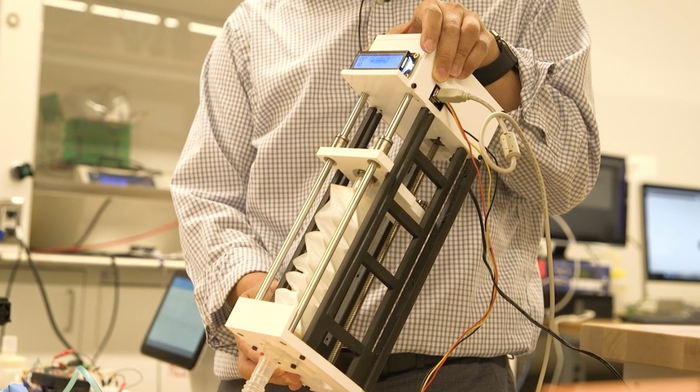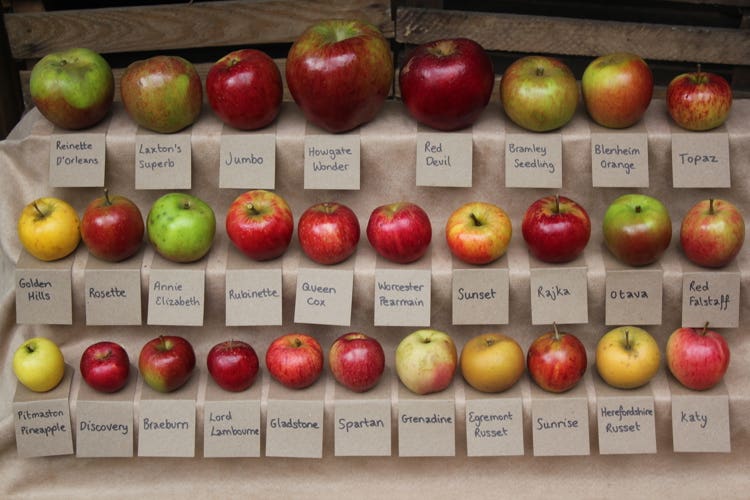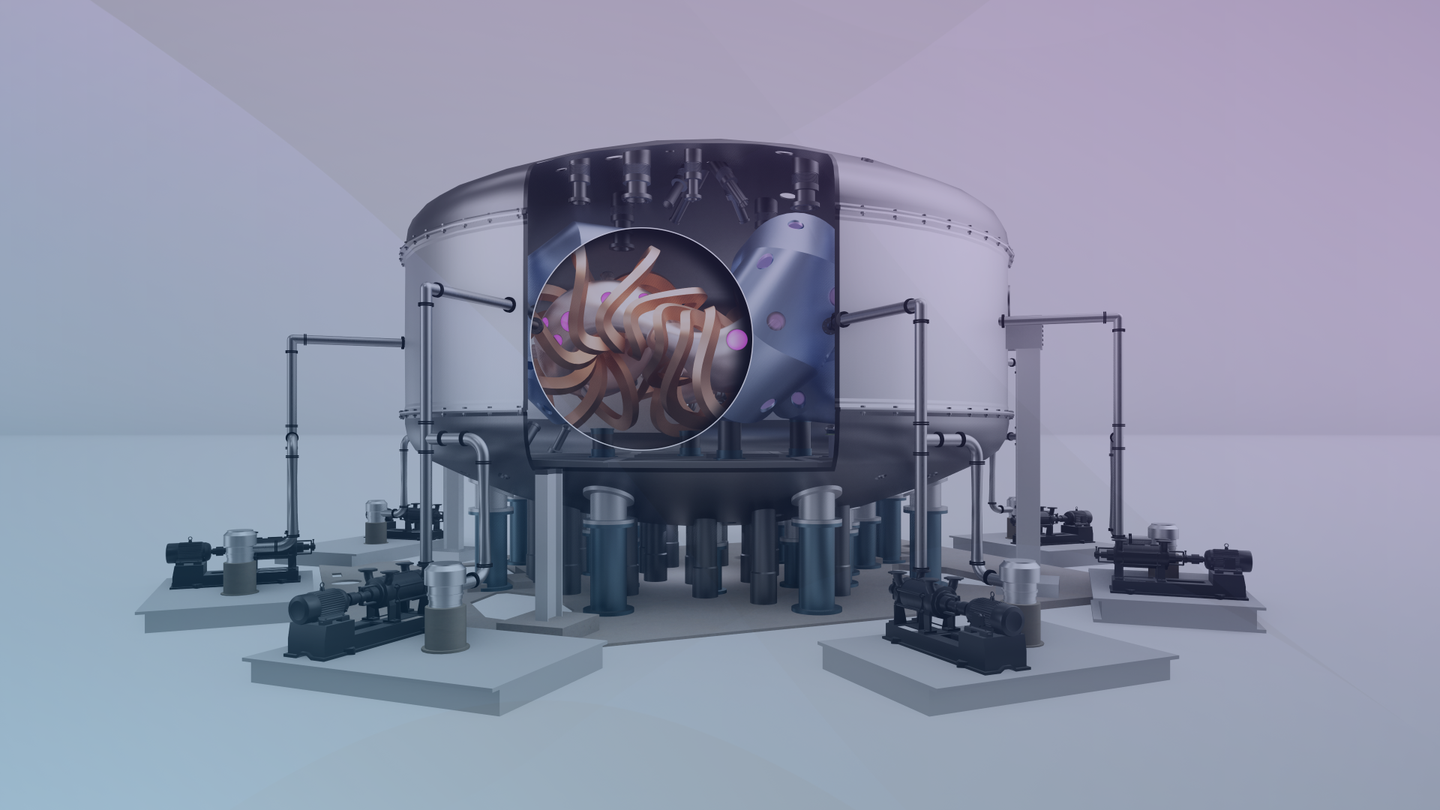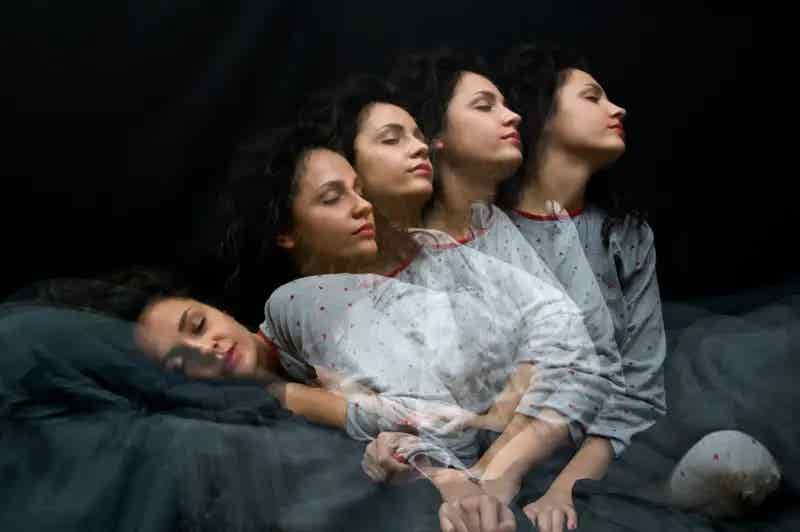Technology takes the art of origami into the fight against COVID-19
3D-printed origami technology at the heart of low-cost, portable ventilators aimed at improving pandemic treatment.

[Sept 9, 2021: Simon Fraser University]
SFU School of Mechatronic Systems Engineering's associate professor Woo Soo Kim holds the 3D-printed portable ventilator. (Credit: SFU)
Researchers in Simon Fraser University’s Additive Manufacturing Lab are replicating a distinctive artform—the subtle folding of origami—to create 3D printable technologies to aid in the fight against COVID-19, and help doctors to identify and diagnose various health conditions.
Highlighting the work, led by SFU School of Mechatronic Systems Engineering’s associate professor Woo Soo Kim, is a low-cost, portable 3D-printed ventilator, driven by a patented, intelligent 3D-printed origami tube. An in-depth overview of the design and development of the innovation, recently evaluated by a local team of respiratory therapists, has been published in the journal Flexible and Printed Electronics.
The portable mechanical ventilator is designed to assist a person’s breathing by reliably contracting a 3D-printed origami tube, rather than compressing a conventional bag-valve mask (BVM), which reduces the overall size of the assisted breathing machine with mechanical strength gain. The 3D-printed design and lightweight materials also lowers production costs.
“In our portable origami ventilator, more than 95 per cent of components can be 3D printable, that’s why it is really cost-efficient,” he says. “Other portable ventilators can cost over $2,000, but our 3D-printed ventilator can be produced for about $200.”
Kim says that the small and lightweight design, combined with low production costs, makes their portable ventilator useful for treating COVID-19 patients or patients who need a compact and transportable device outside of hospital settings, such as long-term care homes or in remote rural areas and developing countries.
The team has partnered with Vancouver-based ventilator manufacturer Pantheon Design and Delta-based 3D-printing company Tinkerine, with support from the Alliance program of the Natural Sciences and Engineering Research Council of Canada (NSERC). The team is also seeking further investment and development partners with a goal of mass production.
Developing 3D origami-based dry electrodes for sensing robots to assist healthcare professionals
Kim is also developing and patenting 3D origami dry electrodes that can be used to monitor patient health. This technology is under the same intellectual property strategy of 3D printed origami technologies. The dry electrodes can detect and monitor physiological signals, such as heartbeat, breathing, temperature and muscle movements, all with the simple touch of the 3D origami dry electrodes.
In the future, Kim envisions that this technology could be used to assist doctors and nurses by allowing them to assess patients’ health remotely through a robot helper.
The humanoid robot would also be able to monitor oxygen levels – useful in cases where a patient has developed severe COVID-19. The data can be viewed in real-time on the robot’s monitor or sent directly to the healthcare provider.
“The dry electrode doesn’t need to be equipped with the sensing robot – it can be used in a hospital setting to replace the wet gel type electrode for electrophysiology such as electrocardiogram or blood pressure measurement applications,” Kim says. “Dry electrodes are just one of the technologies under this portfolio of 3D origami technologies we are developing here at SFU.”
Like these kind of feel good stories? Get the Brighter Side of News' newsletter.
Tags: #New_Innovations, #Medical_News, #COVID_19, #Ventilators, #Origami, #The_Brighter_Side_of_News
Joshua Shavit
Science & Technology Writer | AI and Robotics Reporter
Joshua Shavit is a Los Angeles-based science and technology writer with a passion for exploring the breakthroughs shaping the future. As a contributor to The Brighter Side of News, he focuses on positive and transformative advancements in AI, technology, physics, engineering, robotics and space science. Joshua is currently working towards a Bachelor of Science in Business Administration at the University of California, Berkeley. He combines his academic background with a talent for storytelling, making complex scientific discoveries engaging and accessible. His work highlights the innovators behind the ideas, bringing readers closer to the people driving progress.



